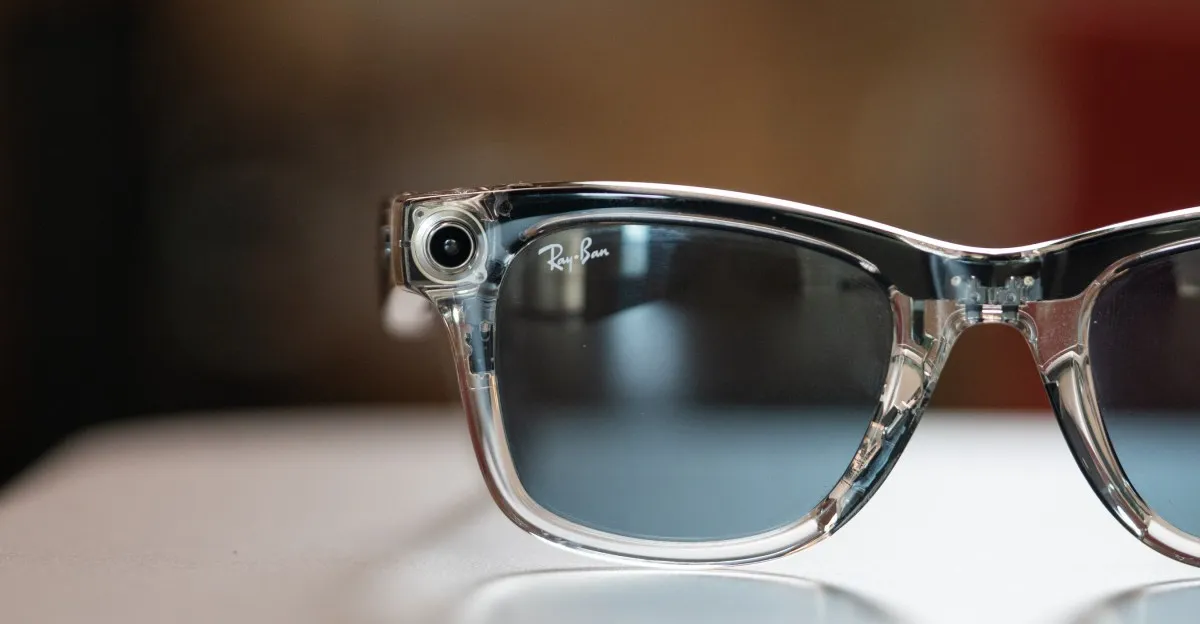
According to a recent report by Bloomberg, Meta is gearing up to unveil a sophisticated version of its Ray-Ban Meta smart glasses by the end of this year. This new device, codenamed Hypernova, promises to elevate the smart glasses experience with a built-in screen capable of running apps and displaying photos, all managed through intuitive hand gestures and capacitive touch controls located on the frame's sides.
The Hypernova smart glasses are designed with a unique display feature, where the screen is visible only on the right lens, specifically in the lower-right quadrant. This design allows for optimal viewing when users glance downward. Upon activation, the device presents a home screen filled with icons arranged horizontally, reminiscent of the user interface found in the Meta Quest. Additionally, the Hypernova will boast an upgraded camera system, enhancing the photography experience compared to the existing model.
One of the standout features of the Hypernova is its integration of an AI chatbot, designed to interact seamlessly with users. Bloomberg estimates that the starting price for these advanced smart glasses will exceed $1,000, potentially reaching between $1,300 and $1,400. In contrast, the current generation of Meta Ray-Ban smart glasses has a starting price of just $299, highlighting the premium nature of the Hypernova.
While Meta continues to innovate, they are reserving their most advanced augmented reality technologies for their upcoming Orion glasses, which are still in development. In the meantime, the Hypernova aims to capture the mid-tier smart glasses market, competing with products like the Rokid Glasses, which are known for their green text displays. However, the Hypernova's pricing will likely be higher due to its inclusion of the Orion's advanced “neural” wristband controller, codenamed Ceres.
Looking ahead, Meta is also working on a second iteration of the Hypernova, known as Hypernova 2, which will feature dual screens. According to Bloomberg, the anticipated launch for Hypernova 2 is set for 2027, indicating Meta's commitment to advancing smart glasses technology. With these developments, Meta is poised to redefine how we interact with augmented reality in our everyday lives.